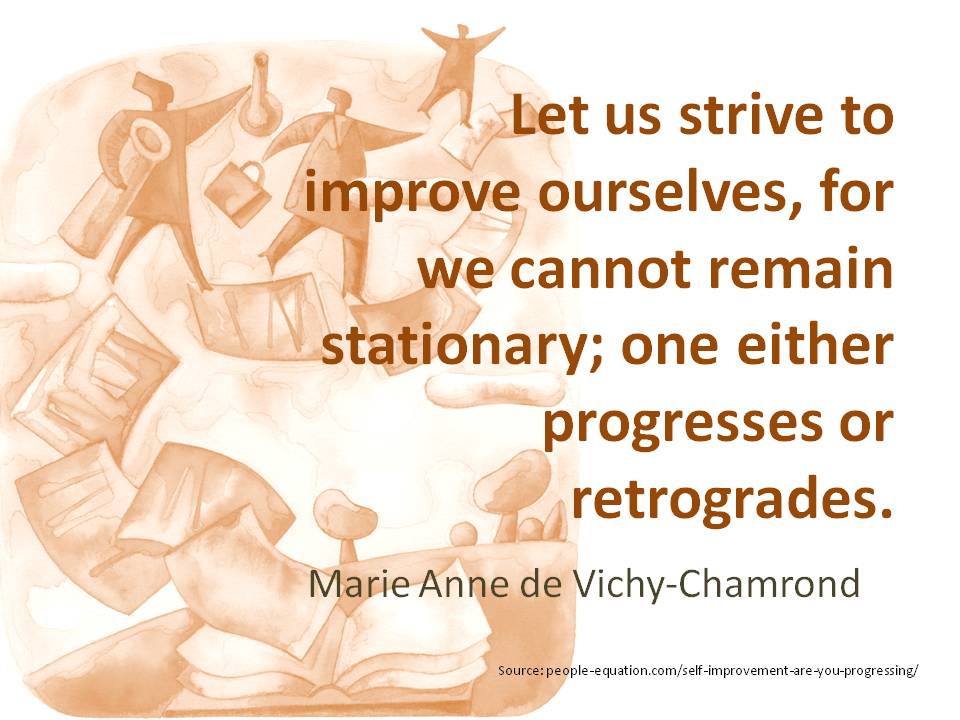
As I project my focus forward into 2024, I’m reminded of a song I wrote on December 31st, 2021. Following are the first two verses and the chorus.
It’s a time when we take a look back. Time when we look forward too. Time when we tend to take stock of ourselves, decide what it is we should do. The ledger shows some loss and some gain as we keep score on this old game. It may not be easy forgiving ourselves, hiding our light in the rain. But there’s no time to give up tryin’ To be the best we can be. No time we should give up flyin’ As we learn how to be free.
Learning how to be free entails making changes. We hope to and should always be striving to improve ourselves, for our sake and the sake of others. It’s hard work, though, and we’re not always up to sticking to the task.
Hurdles
Our path is fraught with obstructions to our progress. Distractions, counter-intentions, new and ongoing problems all serve to make the way difficult. We can lose momentum even when active on a valid plan. When I was an adolescent, which I have to admit was a condition that extended into my young adulthood, I had attention on several areas that needed improvement. I needed to raise my math and science grades to fulfill my dreams of going to college. I wanted to overcome fear of the pitched baseball to regain my ability to hit well. I wanted to overcome my angst about talking to girls in whom I had dating interest. I wanted to be a better Christian. The truth is that I didn’t do anything about any of those issues. My ignorance about how to improve myself in important matters had me virtually paralyzed.
Fear alone can cripple our dreams. This quote by Simon Marshall shines a light on the importance of dealing with our fears. “Breaking through the fear barrier is a big deal. The dopamine hit that comes with completing a previously insurmountable goal or getting through a shit-scary challenge is indescribable. Aside from the neurological benefits, you walk a little taller immediately. Confidence grows, and you redraw the boundary of what you think you can do in the future.”
For the majority of us in the United States, there is a lot of opportunity for self-improvement with little in the way of insurmountable barriers. Even though my family didn’t have money to help with my education, there were paths to occupational and even financial success. Those lower on the social strata or in third world countries have truly difficult obstructions to overcome. Still, some find a way to transcend their circumstances to elevate their lives.
Success Stories

Sometimes there is assistance for people in poverty-stricken countries. Foreign aid from the USA has helped many. An example of one is a woman in Burkina Faso. She is a farmer in that country and a mother of six. The farmers there are vulnerable to repeated crises of various kinds and they find it hard to consistently make or keep a profit from year to year. With American assistance, Alimata Korogo was able to take courses and training on farming, home gardening, health, nutrition and literacy. She was then put in charge of 14 women with whom she shared the knowledge and skills she gained. The results were notable. “We were able to enrich our soil and get higher yields. I was even able to store tens of bags of cowpeas (a black-eyed pea variant) and sell them later at the market when prices were better,” she said in 2019.
I have a friend who is one of the most inspirational persons I’ve ever known. When she was still a young woman, she loved hiking and other outdoor activities. Unfortunately, she contracted a flesh-eating bacteria that almost killed her. It ravaged her legs and they had to be amputated completely. She fought back to reclaim her life at a level of quality many never achieve. Not only is she active, but she is a full-time school teacher. She is a soprano in the church choir of which I am a member. She swims in her family pool and drives her own van. She is so adept at using the van and her scooter that she takes a vacation every year in it with her dog. She camps and enjoys nature, much as she did before she was afflicted.
A Lifestyle
Working on ourselves shouldn’t be something we do only in crisis or in times of need. We should strive every day to become better–better at our work, better at relationships, better in all aspects, especially at being the best version of ourselves. Making it a lifestyle will enrich our lives endlessly as long as we make a sincere effort.



